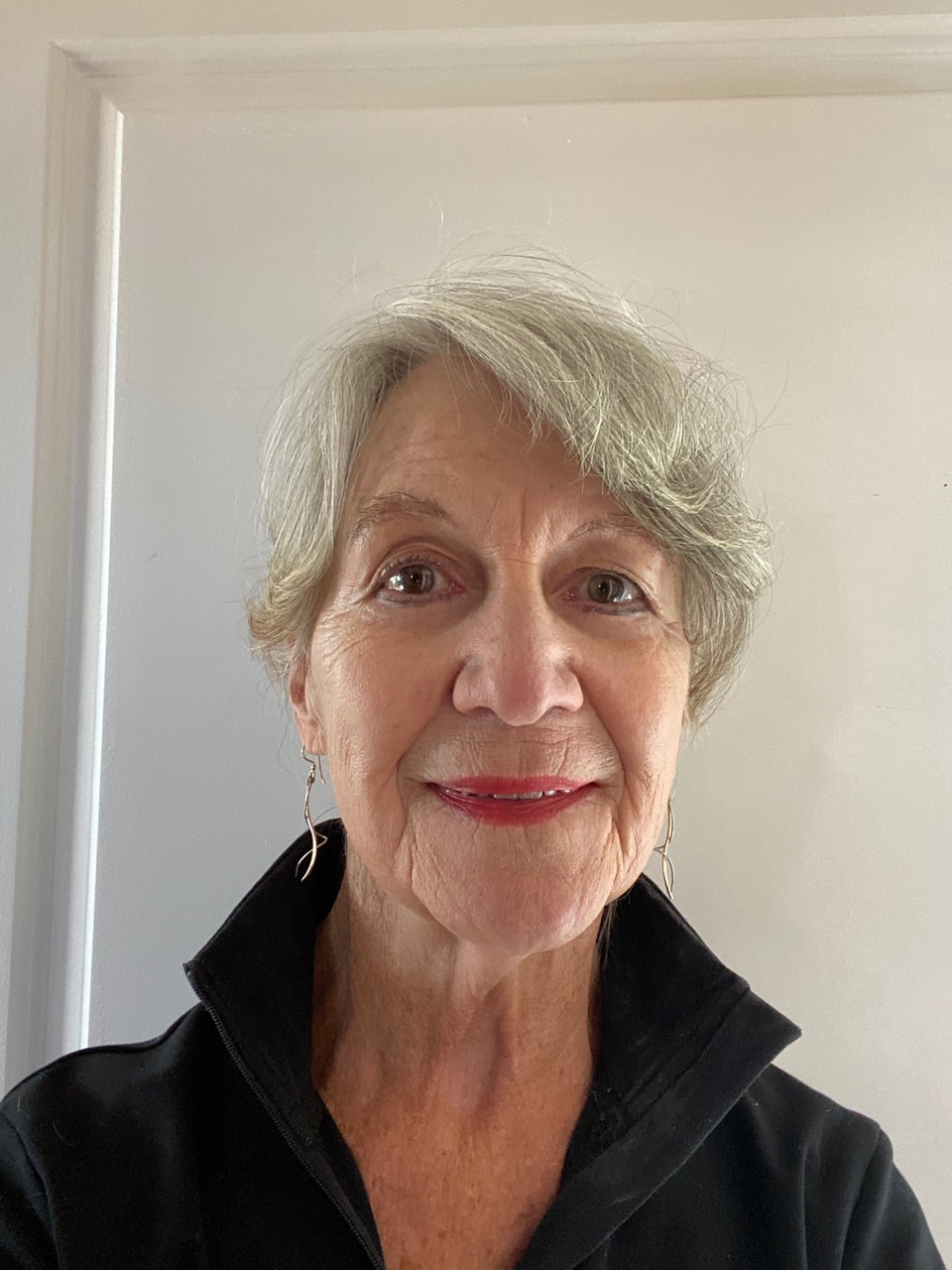 ”For many of our clients—during face-to-face schooling, we would be sitting with them in the classroom helping them maintain control and focus on their education. In oue now virtual world, we have to figure out how to still give them intensive support” said Brian Salazar, the Director of the SUCCESS program at Taos Behavioral Health.
”For many of our clients—during face-to-face schooling, we would be sitting with them in the classroom helping them maintain control and focus on their education. In oue now virtual world, we have to figure out how to still give them intensive support” said Brian Salazar, the Director of the SUCCESS program at Taos Behavioral Health.
The SUCCESS Program’s clients are middle school and high school students whose behavioral health diagnoses require multiple services. Both individual and group settings allow the staff to reinforce a variety of social and emotional goals—but the translation to a virtual world of 2020 has demanded patience and creativity.
Group Lessons
While some therapy groups may be formed around a specific diagnosis such as self-injury, most groups have a variety of members who all need certain basic skills. In a group setting, they can learn to listen to others, to express their own needs and feelings, to take turns, to express caring for others, to follow directions and learn new skills. Salazar and Madalena Miera, the Coordinated Community Support Services director have developed a number of effective group activities utilizing Zoom or Google Meets.
The Cooking Activity
A girl’s group wanted to do cooking, so the staff safely delivered to each home two eggs, some cooking oil and a package of brownie mix. On the day of the group, each member was able to show where they were going to cook and then the staff led them through steps—“What is our first task? Wash hands! “ Then gather all the necessary utensils, pans and ingredients etc. As they worked—they each were asked to describe what they were learning.
While the brownies baked, the staff led them through a variety of activities such as a virtual scavenger hunt: Go find something red in your house and bring it back to describe. Go find the last shoe you were wearing today. Another activity is “Fun Facts” where each member describes four things that are fun or unique about herself. Staff actively help with this task making sure to reinforce individual qualities. During the baking—members describe the smells and the changes they observe in the mix. Eating time—make it special—invite other family members and describe the tastes.
Drawing Activity
Similar to the cooking activity is “ Virtual Drawing” where each group member has a drawing instrument and paper. Then the group members take turns creating a drawing on their paper while directing the others how to do it also. For example, “Start in the middle of your paper and draw a curved line to the right side.” This is one that reinforces observation, turn taking, patience and careful observation. A teacher observing this activity noted that several students were drawing on napkins for lack of paper. She purchased supplies and dropped them off at student homes.
Lessons for Educators
Miera and Salazar comment that the school districts show a great variety of commitment and creativity in supporting the social and emotional needs of their students. Some staff have encouraged Zoom Play Dates between friends—others discovered “Virtual UNO.” TBH has received an increasing number of referrals from school personnel who now “get it”—first develop a relationship, first really connect—then worry about academics. While the communication skills and social learning in the SUCCESS program reinforces academic progress, educators have learned how important it is to make certain these students are heard and acknowledged.
Headed for Success
An extremely important goal of the SUCCESS staff is to help their clients become more confident, more courageous and learn to advocate for themselves. Can they name a goal for this year or for their life? How do I get there? What help do I need? We think the skills learned in this virtual period are helping them engage, move forward and recognize their successes.
TBH has the largest credentialed and licensed behavioral health staff in northern New Mexico.
We can be reached at 575-758-4297, www.Taosbehavioralhealth.org or at 105 Bertha St. for scheduled appointments.
Mary McPhail Gray is the board chair of TBH and can be reached at 575-779-3126 or mcphailconsulting@gmail.com

